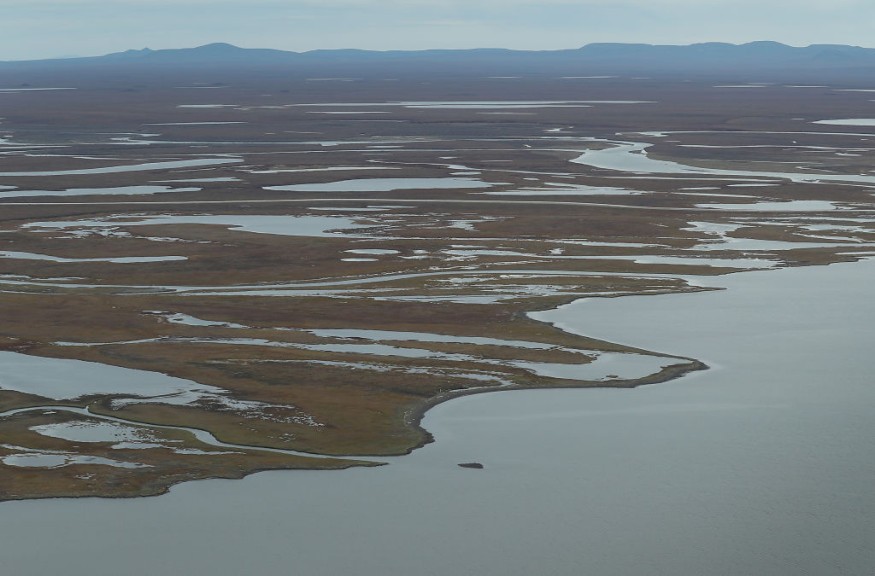The Willow Project, an Alaskan Arctic oil and gas drilling project, was approved by U.S. President Joe Biden's administration.
The approval came years in the making after it was first proposed by oil and gas company ConocoPhillips.
Despite the scaled-down version of the project, environmental activists assert it could aggravate the climate crisis.
Alaskan Arctic Willow Project

Oil and gas drilling is connected with climate change and global warming since the operation itself releases stored carbon dioxide and other greenhouse gases into the atmosphere.
As to the case of ConocoPhillips' Willow Project, the objective of such activity is mainly for economic purposes.
However, environmentalists and other activist groups are against it, Reuters reported.
The progress of the Alaskan Arctic project came after the Biden administration on March 13 approved the weakened or trimmed-down version of the oil and gas drilling project in Alaska.
Although the decision has drawn criticism from climate activists, the US government also simultaneously announced new environmental protection measures for the North slope and other coastal areas of Alaska, Inside Climate News.
However, while environmentalists reportedly welcomed the said measures, activists are still denouncing the project.
600 Million Barrels of Oil
The Willow Project was first proposed by the said petroleum refineries company several years ago and was approved by the Trump administration.
However, an Alaskan judge rejected the projected and deemed its environmental goals to be unclear.
Following the approval, the project is expected to pump approximately 600 million barrels of oil in the US federal government-controlled National Petroleum Reserve-Alaska (NPR-A) of North Slope, Alaska.
The drilling site Arctic oil project is located in northern Alaska, an area with 22 million acres of undisturbed public land, Reuters reported.
Drilling and Climate Change
As mentioned earlier, there is an evidence linkage between oil and gas drilling and climate change.
In fact, offshore drilling and its process of burning of fossil fuel has been one of the major restrictions under the 2015 Paris Agreement, an international treaty of almost 200 countries with the aim of reducing the global average temperature to at least 1.5 degrees Celsius.
According to non-profit land conservation organization The Wilderness Society, below are some of the detrimental repercussions of drilling to the environment:
- constantly generates pollution, fuels climate change, disrupts wildlife, and among others
- potential oil spills can damage or destroy marine ecosystems
- oil and gas production poses health threats
Public Drilling Program
In November 2021, The New York Times reported the Interior Department recommended that the US government increase the fees that oil and gas companies pay to drill on public lands, which is similar to the site of the Willow Project.
The announcement is the first increase concerning the said rent and royalty rates since 1920.
However, the department is silent with regard to the climate impacts of public drilling programs, The New York Times stated in its article.
Related Article: How Can Big Oil Sanctions on Russia Affect the Environment
© 2025 NatureWorldNews.com All rights reserved. Do not reproduce without permission.





